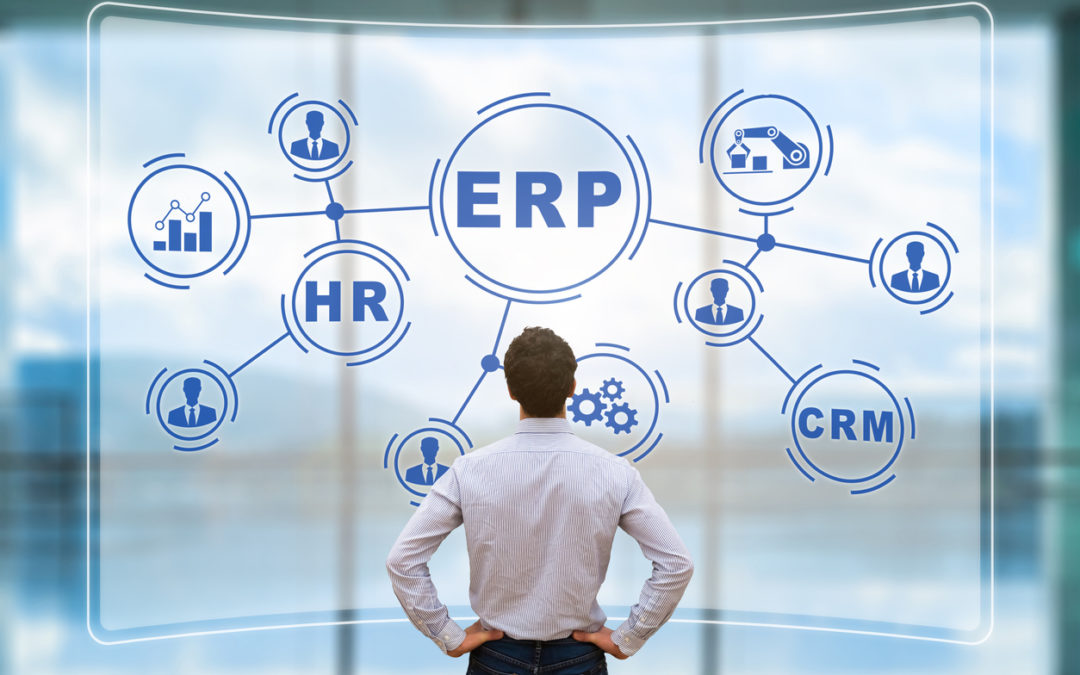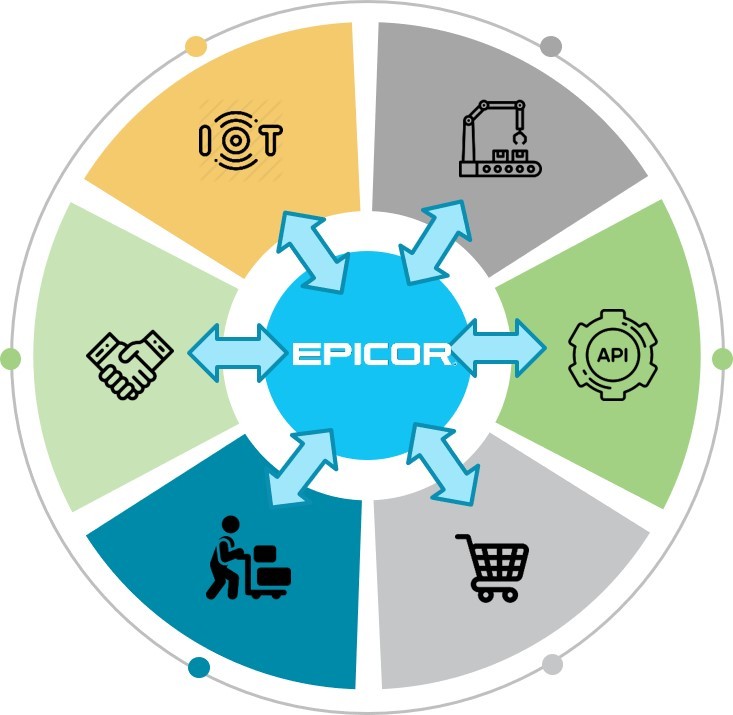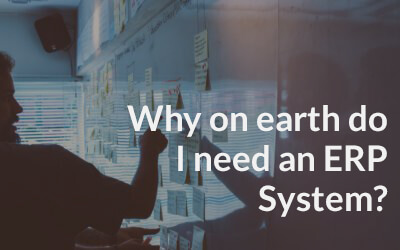Announcement: EstesGroup Awarded Epicor Managed Hosting Partner Certification
We are proud to announce that EstesGroup is an Epicor Software Corporation Certified Managed Hosting Partner. EstesGroup is certified to host Epicor ERP and host Prophet 21 ERP systems.
We are the only Epicor Partner to be Certified for Epicor Hosting, Epicor ERP Sales & Implementations, and Prophet 21 ERP Sales & Implementations.
This accreditation means that EstesGroup has met and exceeded Epicor Software Corporation’s rigid data center and expertise capability requirements for being awarded Certified Hosting Partner status. To learn more about these requirements please contact us.
“We are honored to be an Epicor-Certified Managed Hosting Partner for Epicor Software Corporation, and the only hosting partner to be certified for Epicor ERP and Prophet 21 ERP systems,” said Bruce Grant, CEO of EstesGroup. “Our company has both functional and technical consultants on staff who know Epicor ERP and Prophet 21 systems. This means we not only know Managed IT, but we know the industry’s best-practice business processes and the underlying software as well. We provide a full-service solution to fit our clients’ needs.”
Epicor Software’s Chief Information Officer Rich Murr said, “Epicor and I would like to congratulate EstesGroup for becoming a Certified Epicor Managed Hosting Partner. EstesGroup has a long history in working with Epicor Software Corporation and our clients as a reseller and implementation consulting organization. Last year they became the first and only US Partner to be certified in Epicor ERP and Prophet 21, and now they achieved Hosting Partner for those products as well. EstesGroup continues to provide clients with a solid foundation of experienced consultants and high level hosting standards. We are looking forward to continued growth and excellent service with the EstesGroup team.”
EstesGroup is Certified by Epicor Software Corporation to host and manage clients’ Epicor ERP and Prophet 21 ERP systems. As a Certified Managed Hosting Provider, EstesGroup guarantees better than 99.5% uptime Service Level Agreements (SLAs) for clients’ ERP systems (to see EstesGroup’s 99.7% SLA click here). EstesGroup is also a Microsoft Cloud Services Partner with SQL Administration, Security Administration, O365, MS Exchange, and Disaster & Recovery expertise.
To learn more about EstesGroup’s EstesCloud Epicor Hosting, visit our Epicor ERP Hosting page.
Contact EstesGroup today to learn more about Epicor ERP Hosting or Prophet 21 ERP Hosting.
About EstesGroup
Headquartered in beautiful Loveland Colorado, and established in 2004, EstesGroup (www.estesgrp.com) employees averages 25+ years of discrete manufacturing and distribution industry experience which they leverage to ensure client success. Their employees are spread-out throughout the United States which maximizes talent and local presence for their clients. EstesGroup is a certified reseller, certified implementor, and certified hosting provider for Prophet 21 and Epicor ERP 10. They implement full service cloud, hosted, or on-premise solutions based on client needs and requirements.
About Epicor Software Corporation
Epicor Software Corporation (www.epicor.com) is headquartered in Austin, Texas, and is a manufacturer of Enterprise Resource Planning software solutions. Today, over 20,000 customers in 150 countries around the world rely Epicor’s expertise and solutions to improve performance and profitability.
Epicor and the Epicor logo are trademarks of Epicor Software Corporation, registered in the United States and other countries. Other trademarks used are the property of their respective owners. The product and service offerings depicted in this document are produced by EstesGroup and/or Epicor Software Corporation.




 If you asked your IT personnel what the advantages of implementing an Enterprise Resource Planning (ERP) system, in all likelihood, they’d tell you that it could be revolutionary or absolutely destructive depending on their past experiences. The key to making it revolutionary revolves around partnering with experienced
If you asked your IT personnel what the advantages of implementing an Enterprise Resource Planning (ERP) system, in all likelihood, they’d tell you that it could be revolutionary or absolutely destructive depending on their past experiences. The key to making it revolutionary revolves around partnering with experienced  Work is no longer just something that takes place in an office. Today, people are working while on vacation. They’re working from home. They’re working anywhere that life takes them. The Epicor ERP system is mobile-friendly, meaning that you and your employees are able to access important information and continue to contribute in even the most remote places in the world (so long as they have an internet connection, that is).
Work is no longer just something that takes place in an office. Today, people are working while on vacation. They’re working from home. They’re working anywhere that life takes them. The Epicor ERP system is mobile-friendly, meaning that you and your employees are able to access important information and continue to contribute in even the most remote places in the world (so long as they have an internet connection, that is).




 I just need to get this off my chest – so bear with me.
I just need to get this off my chest – so bear with me.